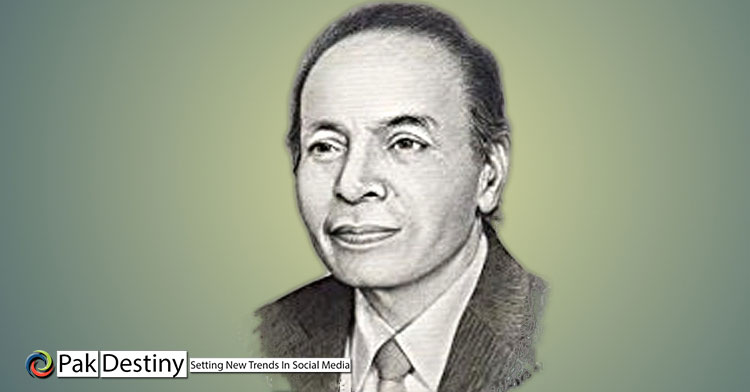
By Dr Imtiaz Mubbashar
This is a difficult time for us. I dare not offend you all by offering thanks for mourning his loss or celebrating my father’s life. My understanding and reverence for the bond that Prof Mubbashar shared with all of you, with all of us, does not allow me to do this.
With his departure from the physical world, I feel the weight of his unique perspectives and often, shock and awe-inspiring comments on my undeserving shoulders. In that spirit, with each of his colleagues, students and admirers that I have been in contact with across the world these past few days, it is I who has been offering condolences for their loss, your loss, our loss. As I mourn the passing of my mother’s husband, my own and my sibling’s guardian, the grandfather of my nephews and nieces; allow me to offer condolences for the passing of your academic, professional and spiritual brother and parent. My father had great faith that the laurels and achievements he enjoyed in his life were the fruit of his reverent relationship with his parents and teachers, it is fitting to recall his relationship with his mentors at the passing of our mentor.
Abu had an eternal love for his teacher at Guys Hospital London, Sir David Stafford Clark, per him his ustaad e kamil. He recounted to me a dream he had before he left the UK, where he received gurti from his ustad, he was in an examination chair lying prostate, and his teacher Sir Clark was hovering over him, and he received a morsel from him; and he saw that a single drop of saliva dripped from Dr Clarks’ mouth into his. So too have many of us, received his gurti, and it continues to shape our lives and ideas.
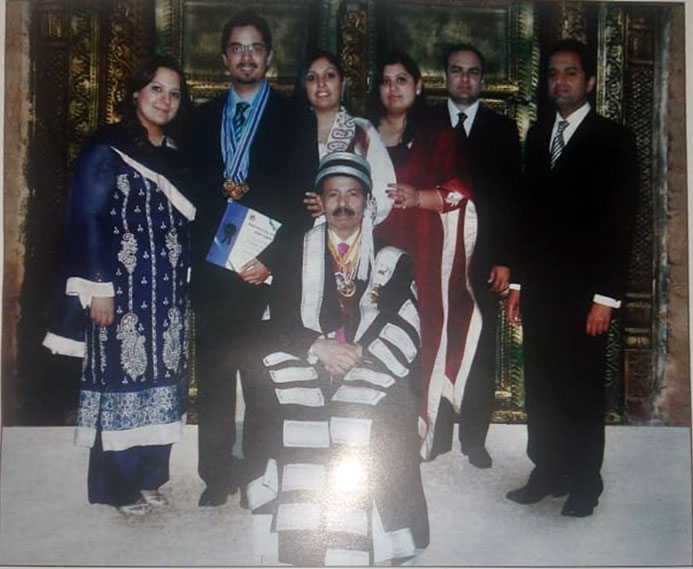
He had great fascination for an image on the opening slide of a talk that Sir Clark once gave, an image of a physician, tied in a chair with his hands bound and a blindfold on his face. He would explain that this was the plight of a psychiatrist, not having the full fruits of evidence based medicine and the secrets of pathophysiology of illness and disease laid bare the way our other colleagues in medicine enjoy; the psychiatrist embarks on this shared journey of discovery and healing – with his hands bound, unable to palpate the sulci and gyri of the brain and elicit localized tenderness, unable to appreciate with his sight the tumor, rubor, calor and dolor of the soul, using only his tongue and his words to both diagnose and treat, as we have all heard Abu fondly quoting Shakespeare:
“Canst thou not minister to a mind diseased, pluck from the memory a rooted sorrow, raze out the written troubles of the brain, and with some sweet oblivious antidote cleanse the stuffed bosom of that perilous stuff which weighs upon the heart.”
Prof Mubbashar’s stories have become legend, on everyone’s lips and recanted repeatedly over academic generations. His return to Pakistan and establishing the outpatient clinic in a forgotten corner of the grounds of the then Rawalpindi General Hospital, now BBH; his inscribing signs with arrows “Patients with depression, anxiety, epilepsy this way”, his success in treating dissociative and functional neurological illnesses that created myths of his Jesus like powers, leading to patients with cataracts and spinal paralysis travelling from across the country for their healing, his expert forensic advice and expertise on seminal cases in the history of Pakistan leading to his national recognition, the collaborative tendrils that he extended with primary care, spiritual healers, village elders and local authorities, multi colored visual aids to aid in the diagnosis and awareness of neuropsychiatric disorders ( I fondly remember inventing an UNO like game using those colored cards), his subtle but oh so important mission of replacing Mental health as the brand name for Psychiatry, his tense and paternalistic relationship of managing the interface of pharmaceutical influence on the practice of psychiatry. The tales are many and too vast to recount fully here. I fear I am ill equipped to mention his unfathomable contributions to medical education in a larger context and defer that to my betters who are present in this gathering.
Lastly, I’d like to restate and reinforce in us all some of his key pearls that I carry with me to work every day. These messages are LOADED with wisdom and each day as I progress in my professional and academic growth I find myself extracting new wisdom from these old treasures.
For professional attire “remember, it is not just the doctor examining the patient, the patient is also examining the doctor.” His practice as a master clinician of ceremoniously tossing across his desk the thick files that patients would bring him at the first consultation before he spoke to them himself with a clear and unbiased, fresh pair of eyes.
His practice of with great authority requesting all family members, caregivers and referring/accompanying attendants to leave the room, at once diagnostic and therapeutic for a myriad of clinical presentations.
His beautifully crafted and culturally appropriate informational care for the biopsychosocial formulation of affective and anxiety disorders, his confidential and sensitive exploration of ego dystonic thoughts and urges in the context of religious practices for OCD.
His delicate balance of validation and gentle challenging to expand insight in the context of functional and dissociative disorders and his almost magical ability, like a reflex hammer, of eliciting brewing mania and hypomania with his bright affect and chanting “allah hoo” with his fists raised.
His mastery of internal medicine and ever vigilant clinical ears looking for signs of thyroid dysfunction, early Parkinsonism, irritable bowel disease, temporal lobe epilepsy and vertebral spondylosis.
Professor Mubbashar has left us all with vast treasures of his knowledge, experience and insights. My prayer today, is that each of us continue to feel his presence, at the bedside, in clinics, in conferences, in corridors of power – with his gentle reassuring hands and stern guiding eyes to continue his crusade for the promulgation of Psychiatry and Mental Health in Pakistan and across the world. And lastly, I humbly beseech us all to invest our lives in consoling and offering support to the grief of those most sorely affected by his loss, our patients suffering with mental and psychological illness, their families and loved ones.
Dr Mubbashar breathed his last on Aug 10. He is laid to rest at Miani Sahib Lahore near his parents. – PAK DESTINY

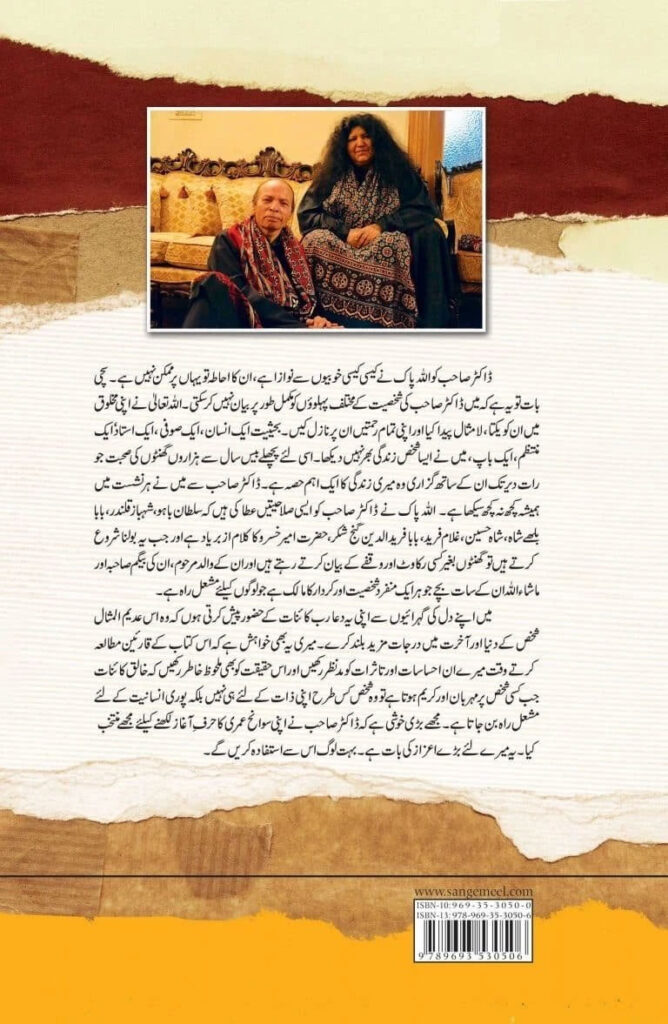
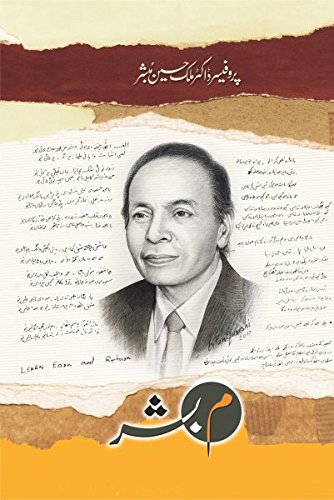
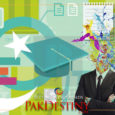
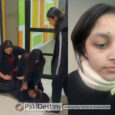
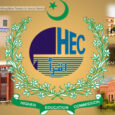
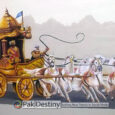

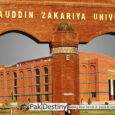
Beautiful
May he rest in eternal peace. Ameen.